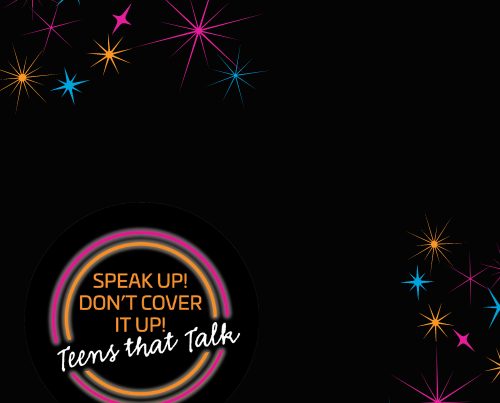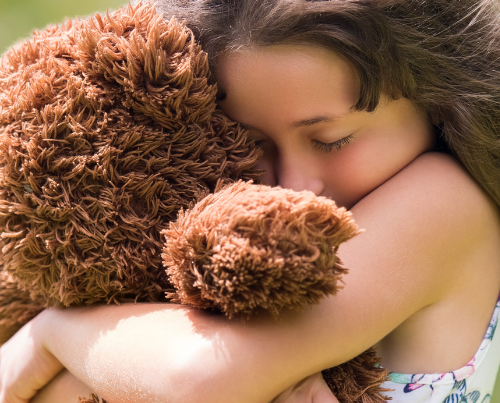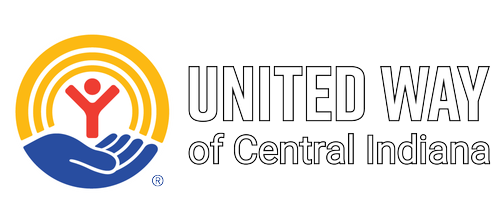February is Teen Dating Violence Awareness Month and a perfect time to start a conversation with the young people in your life. Research shows us that 33% of teenagers in abusive relationships will never tell anyone about it and to me that is heartbreaking. As a parent myself, I would want my kids to come to me if they were in a situation that was dangerous or harmful to their physical and mental health. I have to say, though, years ago I don’t know that my own children would’ve felt comfortable coming to me. The Urban Institute research says that only 9% of abused teens seek help and rarely from parents or teachers, so it was likely they weren’t going to.
About 8 ½ years ago, I shared with a group of high schoolers for the very first time about the difference between healthy relationships and unhealthy/abusive ones. It was a great opportunity for them to learn and it was an eye-opening experience for me as well. My 13-year-old son at the time was in middle school and had his first girlfriend. There wasn’t anything dangerous or “wrong” with their relationship but I could see things that maybe weren’t the healthiest. It then occurred to me that his father and I had never had a conversation about healthy dating relationships, like the kind I was having with students. I just took for granted that he saw a healthy relationship at home, and I guess I thought that he was young enough that it wasn’t really applicable for him yet.
I was wrong, and I knew we had to talk about it!
As time went on, the relationship between my son and his girlfriend ended. It was harmless enough, but it wasn’t healthy… and that relationship was what he was going to use to compare other relationships to – that and the relationships his peers were having.
Believe it or not, I was unsure of what to say! I could stand in front of a classroom full of kids and teach them, but my heart is invested in the young man who I am responsible for raising into an adult. I really didn’t want to mess it up. However, one thing I knew from sharing with students is that they actually want to talk about their relationships. They want to know if what they are experiencing is normal, healthy, and good. They want someone to teach them what a relationship built on trust, respect, honesty, and equality looks like, and show them what it might look like when it isn’t healthy and how to handle that.
So, we just started having conversations. I started asking questions about his relationships and friendships, his peers’ relationships, what he wanted in a partner, what he expected out of a relationship, and especially the role technology plays in the relationship (did you know that 52% of teens who experience digital abuse are also physically abused?).
Our conversations evolved to the point that we have now had many conversations about relationships – good, bad and everything in between. I am confident that he will come to us when things aren’t good, because he has, and he is open to my observations about his relationships. As his parents, my husband and I have to let him navigate his relationships. But at least now he has a map to help and knows that we are here to support him, as do our other 3 children, all of which we talk openly and regularly about healthy and unhealthy relationships.
If you are wondering what to look for and what to say, Sheltering Wings can help! We have created a whole list of conversation starters for kids of all ages from preschool to high school, it’s never too early to start the conversation. Click here for the list of conversation starters!
Dating abuse, like domestic violence, is rooted in power and control and makes the victim feel unsafe in the relationship. Some red flags that could indicate the relationship is abusive are:
Your Partner…
- gets jealous and makes you feel guilty when you want to spend time with family and friends.
- blames you for everything
- calls you names and puts you down
- says “I love you” to quickly in the relationship
- pressures you for passwords to your phone or social media
- makes you share your location when you’re not together
- threatens you
- makes you check in or run your plans by them first
As a parent, you may notice the unhealthy signs and red flags before your teenager does. Here is what to look for:
Your teen…
- has lost interest in things they once enjoyed
- apologizes or makes excuses for their partners behavior
- becomes isolated from their friends
- starts to become depressed or anxious, especially surrounding events involving their partner
- changes their appearance per the request of their partner
- stops sharing things with you
- obsessively texting with their partner
As caring adults, it is our responsibility to help the young people in our lives navigate the important topic of dating and relationships. To give them tools that will help them make good relationship choices, reach out for help when they need it, and most importantly provide them a safe space to talk about it.







